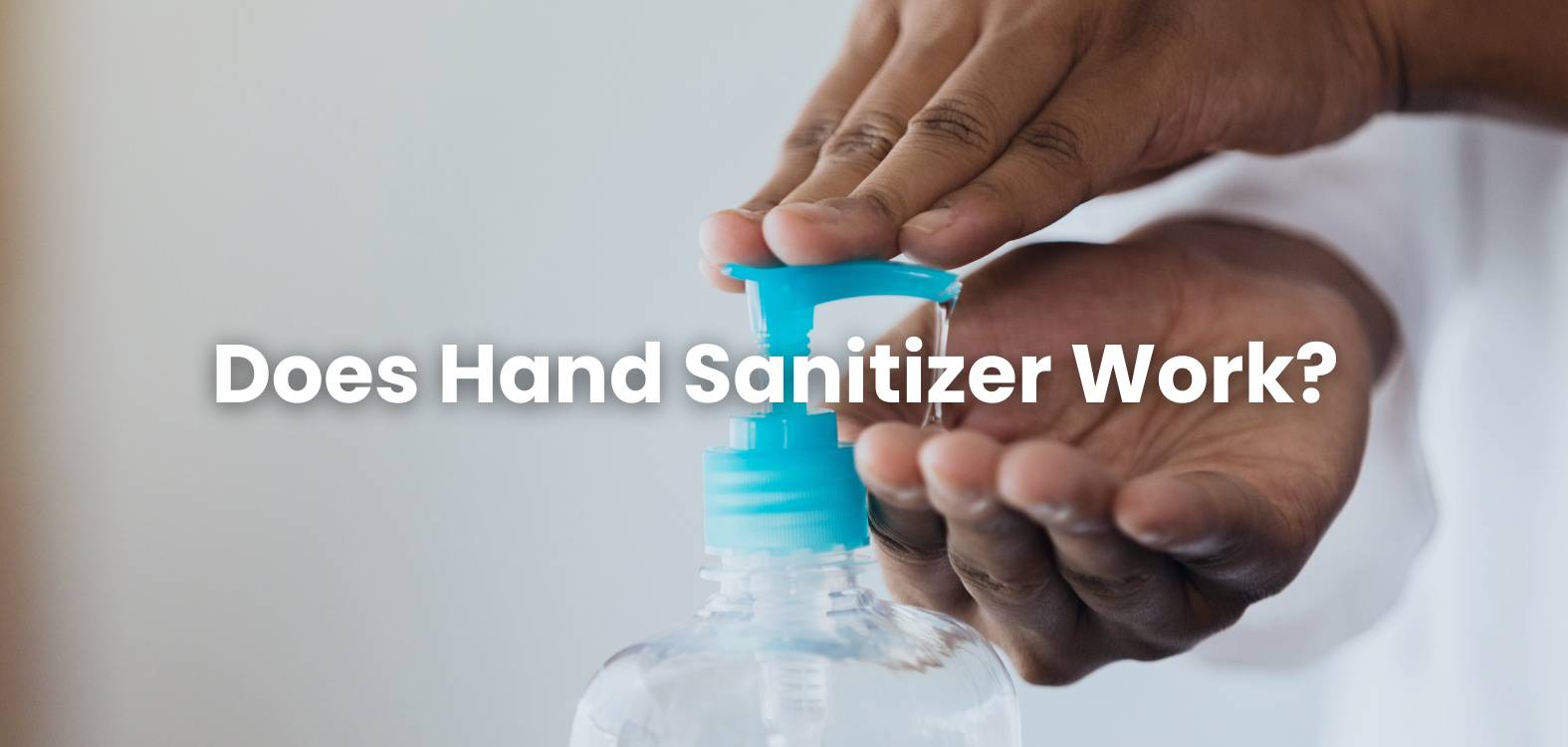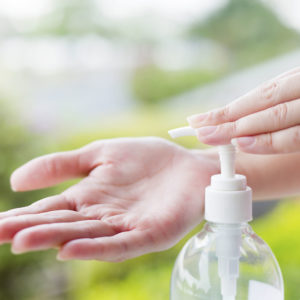Does Hand Sanitizer Work?

Hand sanitizer has skyrocketed in popularity recently, becoming the forefront of our minds and even businesses. But does that sanitizer actually work? Are there any benefits of using hand sanitizer regularly – or even periodically? Read on to find out!
Does it clean my hands?
Hand sanitizer does a great job of one thing – killing bacteria and germs. It’s an easy way to freshen up when you’re on the go, and your hands will definitely be cleaner after you use it.
Sanitizer does not, however, buy you a trip past the sink. Soap and water should always be used when you have something physically on your hands like dirt or grime. You should also stick to traditional hand washing for activities like cooking, as sanitizers don’t kill every virus and resistant strains like E. Coli could potentially survive.
Does it help people stay healthy?
More good news – hand sanitizers are considered extremely effective in preventing seasonal colds and flus, as well as bacterial diseases. They may even help prevent against viruses if you choose a bottle that is at least 60% alcohol. So, stock up if you spend a lot of time in common areas like offices, stores, or schools!
What about the expiration date?
Like all over-the-counter items regulated by the FDA, hand sanitizers do have an expiration date. The expiration date is usually about three years out from the date of manufacture. But what happens in the third year? The alcohol in the container will begin to evaporate, which will lower the strength of your sanitizer. It is still safe to use and will still kill some germs, but over time the effectiveness will continue to decrease. Three years should be plenty of time to go through a bottle of sanitizer, but if you manage to hold on to one that long it may be time to splurge on a new refill!
Out of hand sanitizer, or just looking for a cleaning services solution to keep your employees healthy and safe? Contact us today – we are always ready to help you shine brighter!

